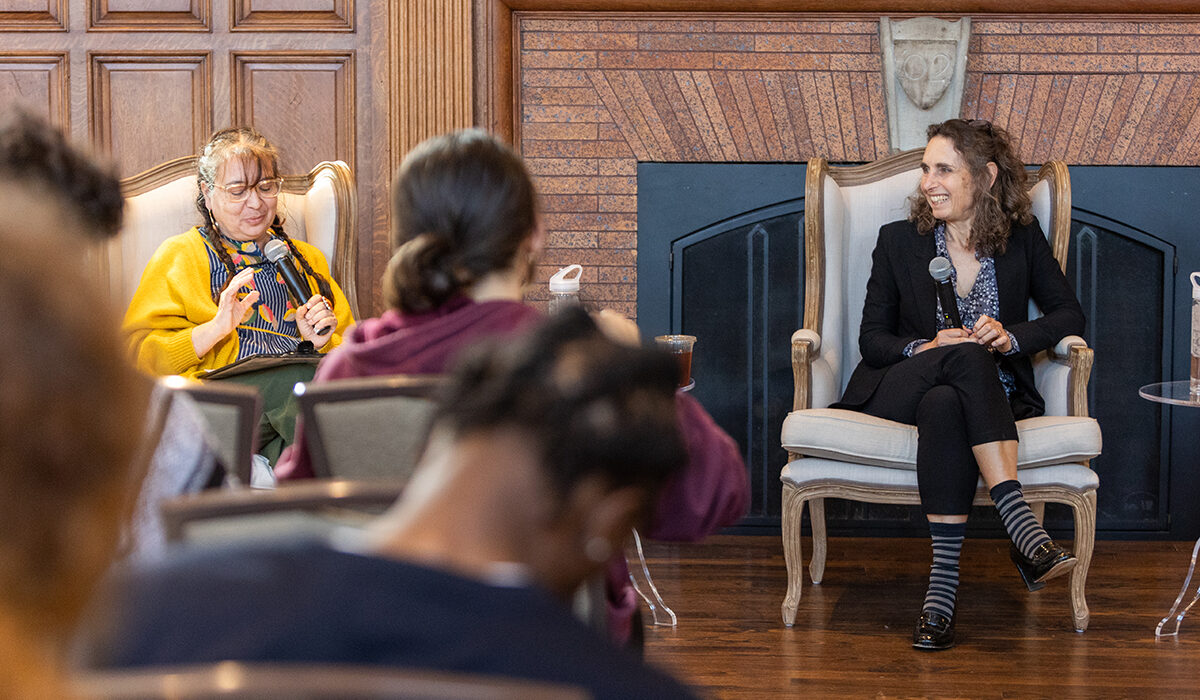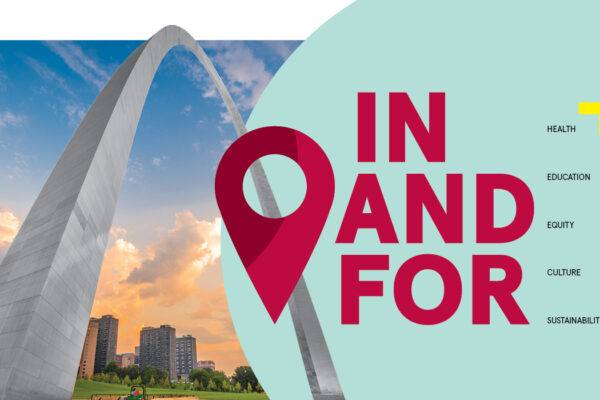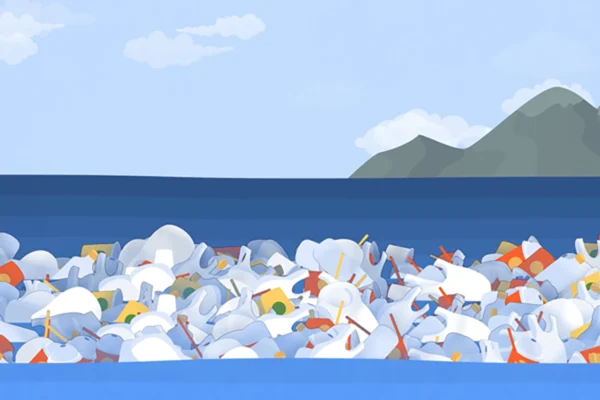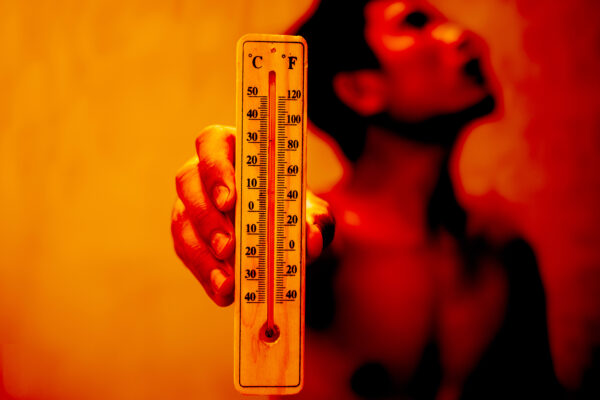For years, students at Gateway STEM High School have read Pulitzer Prize-winning climate journalist Elizabeth Kolbert. On Feb. 12, they got to meet her at a special science storytelling program at Washington University in St. Louis.
“We all were excited to meet her and ask her questions,” said veteran Gateway educator Colette Morton, who brought 40 of her Advanced Placement Language students to campus. “It was a great opportunity for the students to learn more about climate change — a topic they all feel very passionately about — while learning more about how to communicate effectively, a skill they all will need no matter what career path they choose.”
The event was sponsored by WashU’s Climate Across Curriculum program, which connects Gateway STEM in St. Louis Public Schools to faculty experts, campus tours and learning resources, and moderated Morton and Bronwen Konecky, assistant professor in earth, environmental and planetary sciences in Arts & Sciences.
Kolbert was on campus to celebrate the launch of the university’s new Center for the Environment, which is committed to advancing biodiversity, environmental justice and planetary health. In addition to her Q&A session with Gateway students and WashU undergraduates, Kolbert also delivered the Assembly Series lecture “The Fate of the Earth” in Graham Chapel. Kolbert is a staff writer for The New Yorker and author of “Field Notes from a Catastrophe,” “The Sixth Extinction,” for which she won the Pulitzer Prize and, most recently, “Under a White Sky: The Nature of the Future.”
At the Q&A, students asked Kolbert why she became a climate journalist, how she finds her stories and if she has plans to write about St. Louis. They also wanted to know what career advice she has for young people who want to join the fight against global warming. For better and worse, the opportunities are endless, Kolbert answered.
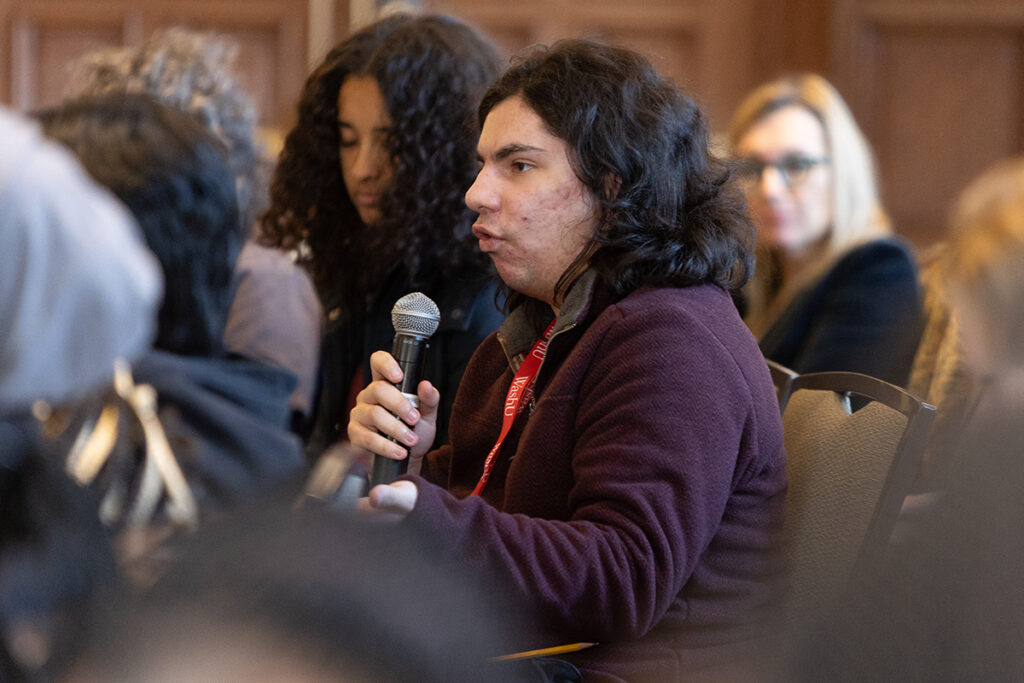
“If I were to give practical advice, I would say become an engineer,” Kolbert said. “We are going to need so many people who are working on the nitty gritty of how to build new energy systems and create better batteries. But engineering is not for everyone, so think seriously about where your talents lie and what will give you a sense of purpose, because there will be tons of work for everyone who wants a career in climate change.”
Kolbert also urged the students not to be paralyzed by climate anxiety.
“This is the situation we’re in, and we need to get on with it and rise to the occasion,” Kolbert said. “A lot of the emphasis on climate anxiety is not productive. We need to spend less time thinking about our anxiety and more time doing the really, really hard work that needs to be done.”
That message resonated with Gateway senior William Colston. He said he is awed by Kolbert’s ability to transform complicated science into engaging stories with riveting plots and compelling characters.
“I really liked hearing more about how she wrote the books we’ve read in class and her opinions about what’s happening today,” Colston said. “There’s the saying, ‘Never meet your heroes,’ but she was really approachable. Climate change can be a really depressing topic to talk about, but this experience has made me want to learn more.”
